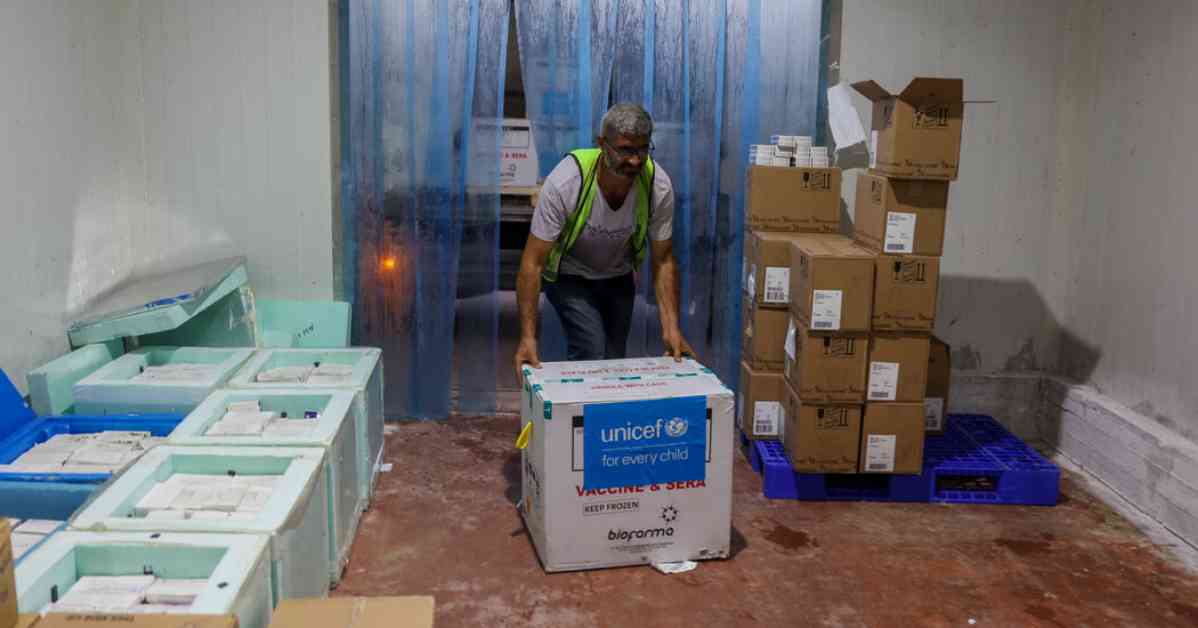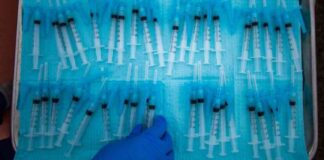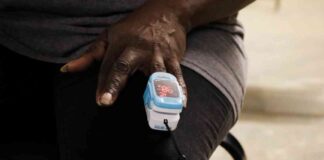Rapid Polio Vaccine Deployment to Gaza: Relief Agencies’ Urgent Response
Amidst the ongoing conflict in Gaza, health officials made a troubling discovery in July when poliovirus was found in samples of wastewater. The situation escalated this month when a 10-month-old baby was confirmed to have contracted polio, becoming the first case in Gaza in 25 years. With fears of a wider outbreak looming, international agencies have swiftly mobilized to send over 1.6 million doses of oral poliovirus vaccine to immunize 640,000 children under the age of 10 in the conflict zone.
The Urgent Need for Vaccination Campaigns
The urgency of the situation cannot be understated, as experts warn that a major regression in infectious diseases could occur if the poliovirus is not contained. The virus, which attacks the nervous system and can lead to severe paralysis and even death, poses a significant threat to the vulnerable population in Gaza. In response to the crisis, Israel has agreed to three pauses in military operations to facilitate the vaccination campaign, highlighting the importance of cooperation in addressing public health emergencies in conflict zones.
Understanding the Polio Outbreak in Gaza
It is crucial to understand how polio, a disease that has been largely eradicated globally, has resurfaced in Gaza. While the naturally occurring “wild-type” viruses Type 2 and Type 3 have been eliminated, Type 1 remains a concern. Additionally, there is the emergence of vaccine-derived poliovirus, which has become the primary cause of outbreaks worldwide. This shift in the epidemiology of polio underscores the need for ongoing vaccination efforts to prevent the spread of the virus and protect vulnerable populations.
As the situation in Gaza continues to unfold, health officials and relief agencies are working tirelessly to contain the polio outbreak and prevent further transmission of the virus. The deployment of vaccines and the coordination of vaccination campaigns are critical steps in mitigating the impact of the outbreak and safeguarding the health of children in the region. By prioritizing public health interventions and collaborative efforts, the international community can help prevent the escalation of the crisis and ensure that all children have access to life-saving vaccines.
In conclusion, the rapid deployment of polio vaccines to Gaza underscores the importance of proactive measures in addressing public health emergencies in conflict zones. The response of international agencies and the cooperation of all stakeholders are essential in containing the outbreak and protecting vulnerable populations. As the vaccination campaigns continue, it is crucial to prioritize the health and well-being of children in Gaza and work towards a future free from the threat of polio.

















